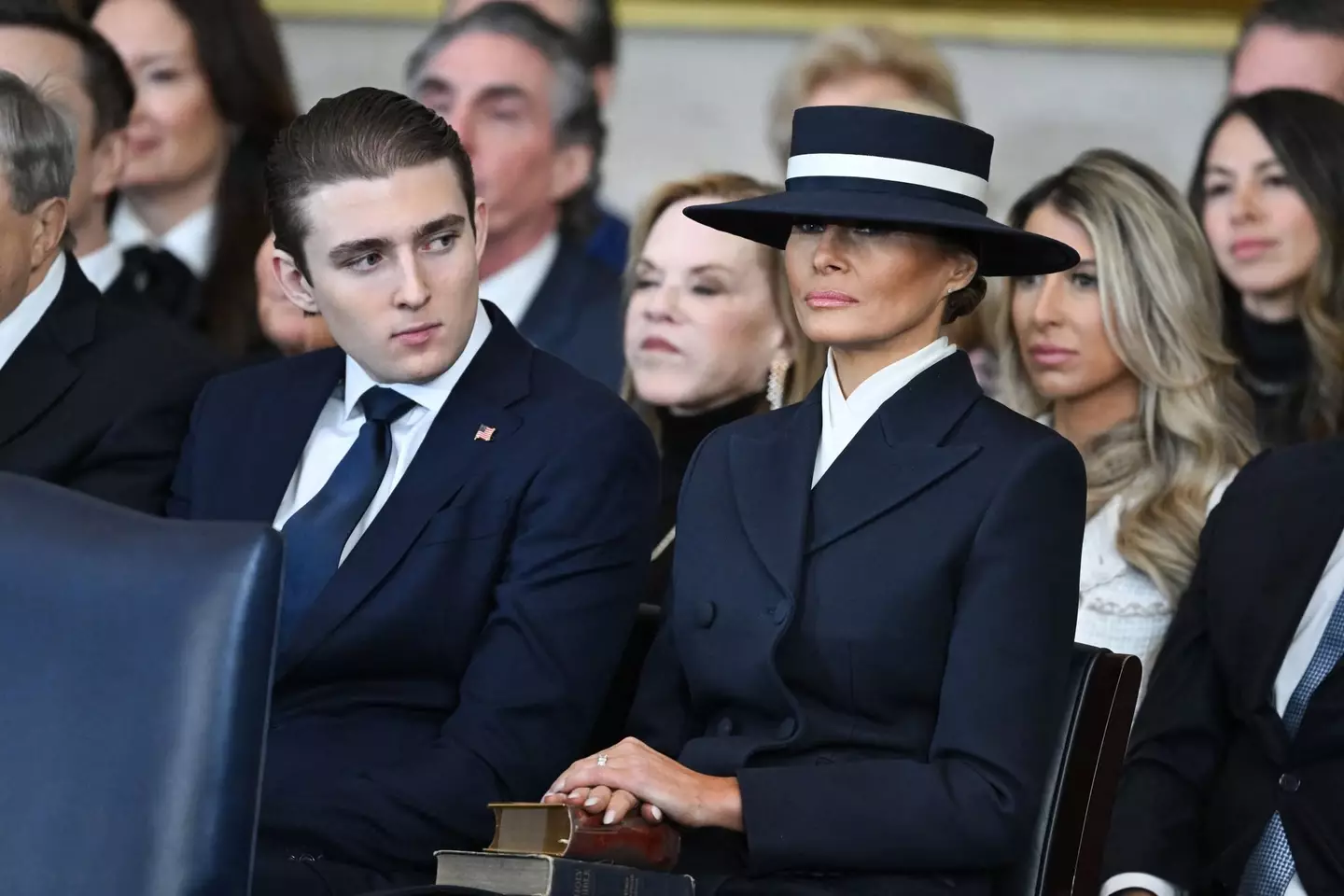The question of Barron Trump’s US citizenship has come under the spotlight following Donald Trump’s recent executive order to end automatic birthright citizenship. As Trump resumed the presidency as the 47th President of the United States on January 20, his swift actions in reshaping national policies sparked heated debates across the nation.
Among the many controversial decisions, including rejoining the Paris Climate Agreement and delaying the TikTok ban, Trump’s move to alter the rules of birthright citizenship raised questions about its implications—particularly for his youngest son, Barron Trump. The change has led to widespread speculation and discussion about how this policy could affect millions of Americans, including those in the public eye.
Understanding Birthright Citizenship in the United States
At the heart of the debate is the legal principle of jus soli, or “right of the soil.” This Latin term underpins the 14th Amendment of the US Constitution, which establishes that anyone born or naturalized in the United States is automatically granted US citizenship.
The amendment specifically states:
“All persons born or naturalized in the United States, and subject to the jurisdiction thereof, are citizens of the United States and of the state wherein they reside.”
This provision has long been a cornerstone of American citizenship policy, offering a straightforward path to citizenship for children born on US soil, regardless of their parents’ immigration or citizenship status. However, Trump’s recent executive order seeks to modify this interpretation.
The Proposed Changes to Birthright Citizenship
Under Trump’s executive order, automatic citizenship would no longer apply universally to children born in the United States. Instead, citizenship would only be granted if at least one parent is either a US citizen or a lawful permanent resident at the time of the child’s birth.
The executive order stipulates that federal agencies will no longer issue or recognize citizenship documentation for individuals who do not meet these criteria. This change would primarily affect children born to unauthorized immigrants or individuals on temporary visas.
Importantly, the order does not apply retroactively. It only affects children born in the United States 30 days or more after the order’s enactment. Nevertheless, the policy has already faced significant legal challenges, with a federal judge temporarily blocking its implementation due to potential conflicts with the Constitution.

The birthright citizenship has left many questions about Barron Trump (SAUL LOEB/POOL/AFP via Getty Image)
The Spotlight on Barron Trump
Amid the controversy, many online critics and observers turned their attention to Barron Trump, questioning whether the president’s own son would qualify for US citizenship under the proposed rules.
Barron, born on March 20, 2006, is the son of Donald Trump, a US citizen by birth, and Melania Trump, who became a naturalized US citizen on July 28, 2006—four months after Barron’s birth. Critics were quick to point out that, under the new rules, Barron’s citizenship could be called into question because his mother was not a US citizen at the time of his birth.
Social media erupted with speculation, with one commenter stating:
“She was not a citizen when he was born, so… Barron was not born to an American mother. Doesn’t that go against his own immigration laws?”
Another wrote:
“How ironic would it be if Trump’s own son didn’t qualify under the rules he’s pushing for? It seems like a major flaw in his policy.”
Clarifying Barron Trump’s Citizenship
Despite the concerns raised online, legal experts have clarified that Barron’s citizenship is not in jeopardy. Under the current laws of the United States, Barron is a citizen by birth. His father, Donald Trump, is a natural-born US citizen, which automatically confers citizenship to his children, regardless of their mother’s citizenship status at the time of birth.
Furthermore, the executive order’s language explicitly states that it does not apply retroactively. As one observer summarized:
“His father is a citizen, and the change is not retroactive. The subsection applies only to persons born within the United States after 30 days from the date of this order.”
Therefore, while the order aims to reshape the future of citizenship policy, it has no bearing on Barron Trump’s status as a US citizen.
Broader Implications of the Policy
Trump’s proposed changes to birthright citizenship represent a significant shift in US immigration policy and have sparked widespread debate over their legality and morality. Critics argue that the policy undermines the 14th Amendment and could lead to legal battles that may reach the Supreme Court.
Supporters, on the other hand, claim that the changes are necessary to curb unauthorized immigration and ensure that citizenship is reserved for those with stronger ties to the country.
Regardless of one’s stance on the issue, the controversy surrounding the policy has highlighted the complexities of immigration law and the far-reaching consequences of altering longstanding constitutional principles.
A Symbolic Debate
The attention drawn to Barron Trump’s citizenship underscores the symbolic nature of this debate. While Barron’s status is secure under existing laws, the discussions about his citizenship serve as a microcosm of the broader concerns surrounding the executive order.
As the legal battles unfold, the issue of birthright citizenship is likely to remain a focal point of Trump’s second term, raising fundamental questions about identity, inclusion, and the evolving definition of what it means to be an American.

